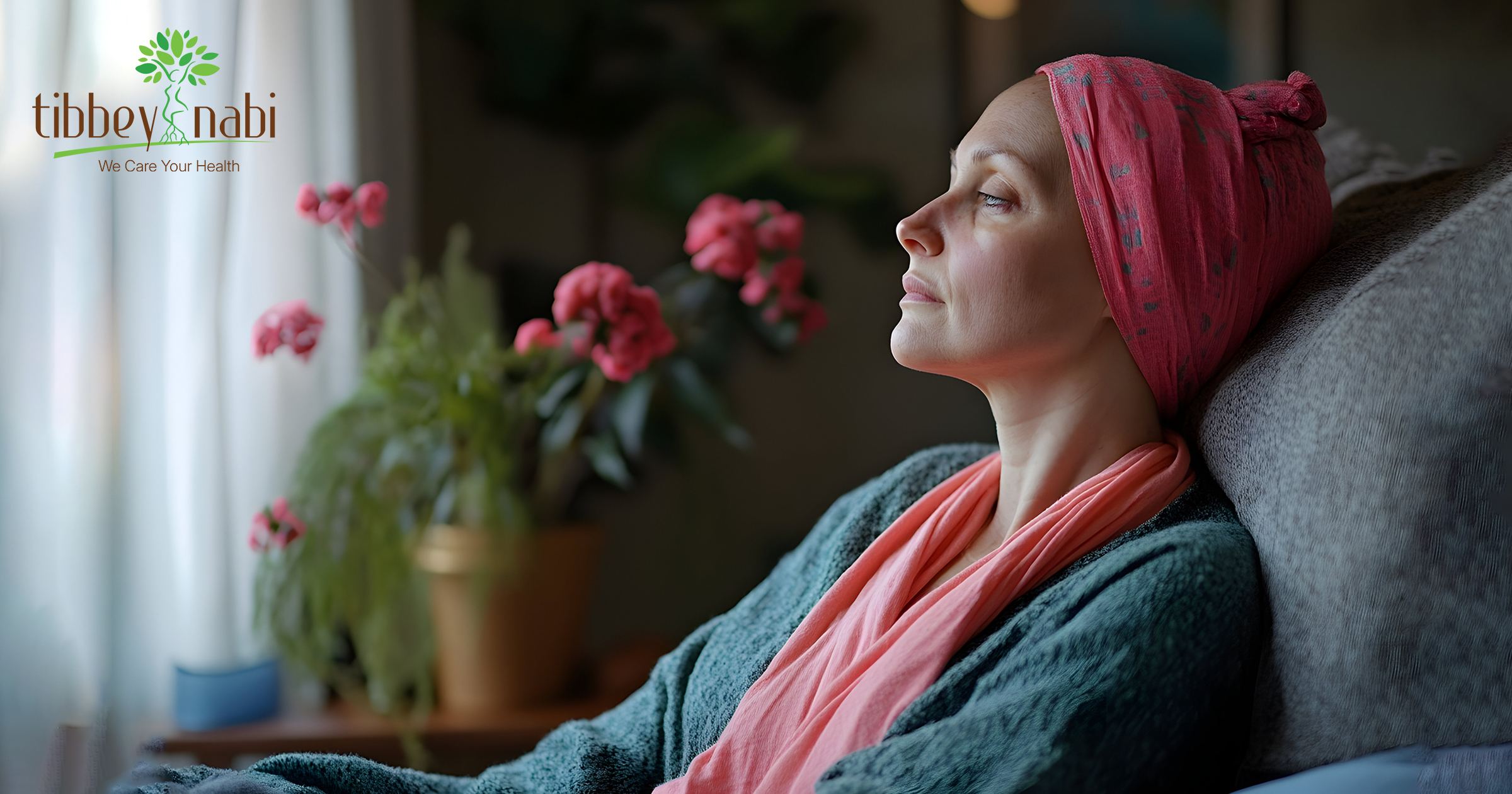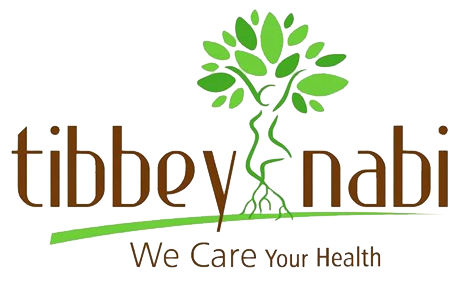
Alternative Cancer Therapies: Beyond the Conventional Path
Cancer treatment has traditionally focused on surgery, chemotherapy, and radiation. These methods remain essential, but there’s a growing recognition that cancer care must also support the whole person—not just the disease.
Holistic treatment options are on the rise as people realise the importance of side effect management, stress management, nutrition management and many other factors. The goal isn't to replace medical treatment but to enhance recovery, resilience, and quality of life.
The Shift Toward Integrative Oncology
Integrative oncology blends conventional cancer treatments with evidence-based complementary therapies.This approach aims to reduce side effects, strengthen the immune system, and improve overall well-being. Hospitals and cancer centres worldwide are expanding their services to include nutritionists, herbal supplements and health coaches along with their conventional treatment approaches.
Why the shift? Because cancer doesn’t just attack the body—it affects every aspect of a person’s life. Patients often deal with anxiety, depression, chronic fatigue, and digestive issues from both the disease and its treatment. Addressing these issues and improving the quality of life of cancer patients can improve the results of the treatments and also increase the survival rate.
Importance of Nutrition during Cancer Treatment
One of the cornerstones of holistic cancer care is nutrition. Proper nutrition supports immune function, helps the body repair tissue, and can reduce inflammation. Studies show that a whole-food, plant-based diet rich in vegetables, fruits, lean protein, and healthy fats can aid recovery and may even slow disease progression.
Registered dieticians work alongside traditional cancer treatments to help patients. Cancer patients often are not able to eat due to side effects of cancer treatments. The lack of appetite and loss of nutritions makes their body weaker.Dieticians work on this aspect and ensure that patients are able to complete their body’s daily nutrient needs which gives them the energy to go through the treatment.
Mind-Body Practices
Mindfulness meditation, yoga, and breathing exercises are no longer fringe ideas in cancer care. They’re now backed by research showing tangible benefits. Regular mindfulness can reduce anxiety, lower cortisol levels, and improve sleep. Yoga has been shown to ease fatigue and improve physical function in cancer survivors.
Stress is a known factor in immune suppression, and chronic stress can impair healing. Holistic programs often include stress-reduction strategies to help patients build emotional resilience.
Body Revival: A new hope in the field of cancer treatments
One of the newer developments in integrative cancer care is using natural compound therapies. Body Revival is one such supplement that is gaining attention. Body Revival is a herbal formulation that supports the body’s natural healing processes. It includes a blend of herbs and botanical extracts traditionally used for immune support and detoxification.
Recently, Body Revival underwent a clinical trial to evaluate its effectiveness in cancer patients undergoing standard treatments. The trial found that those who incorporated Body Revival alongside conventional therapies reported higher energy levels, fewer gastrointestinal side effects, and better overall well-being than those who did not. The trial also noted that it reduced the CA 15.3 tumour biomarker in blood.
The clinical trial also reported no significant adverse effects, adding to its potential as a safe complementary option. This trial further highlighted that integrative oncology is the need of the hour and it’ll greatly help cancer patients.
Collaboration, Not Replacement
It’s important to note that holistic cancer care doesn’t mean choosing alternative medicine over conventional cancer treatment. The best outcomes occur when there is a collaboration between traditional oncologists and complementary practitioners. This integrated model fosters open communication and shared decision-making.
Patients should always consult their oncologist before starting any new supplement to ensure it fits safely within their treatment plan.
Future Ahead
The future of cancer care lies in integration. As more research supports the benefits of holistic approaches, healthcare systems are slowly adapting. Patients today are more informed and empowered, seeking care that treats the whole person—not just the tumour.
While there is no silver bullet in cancer treatment, combining the best of modern medicine with holistic practices can create a more compassionate, effective, and patient-centred approach. Whether through mindful breathing, personalised nutrition, or supportive supplements like Body Revival, the goal remains: helping people heal in every sense of the word.


